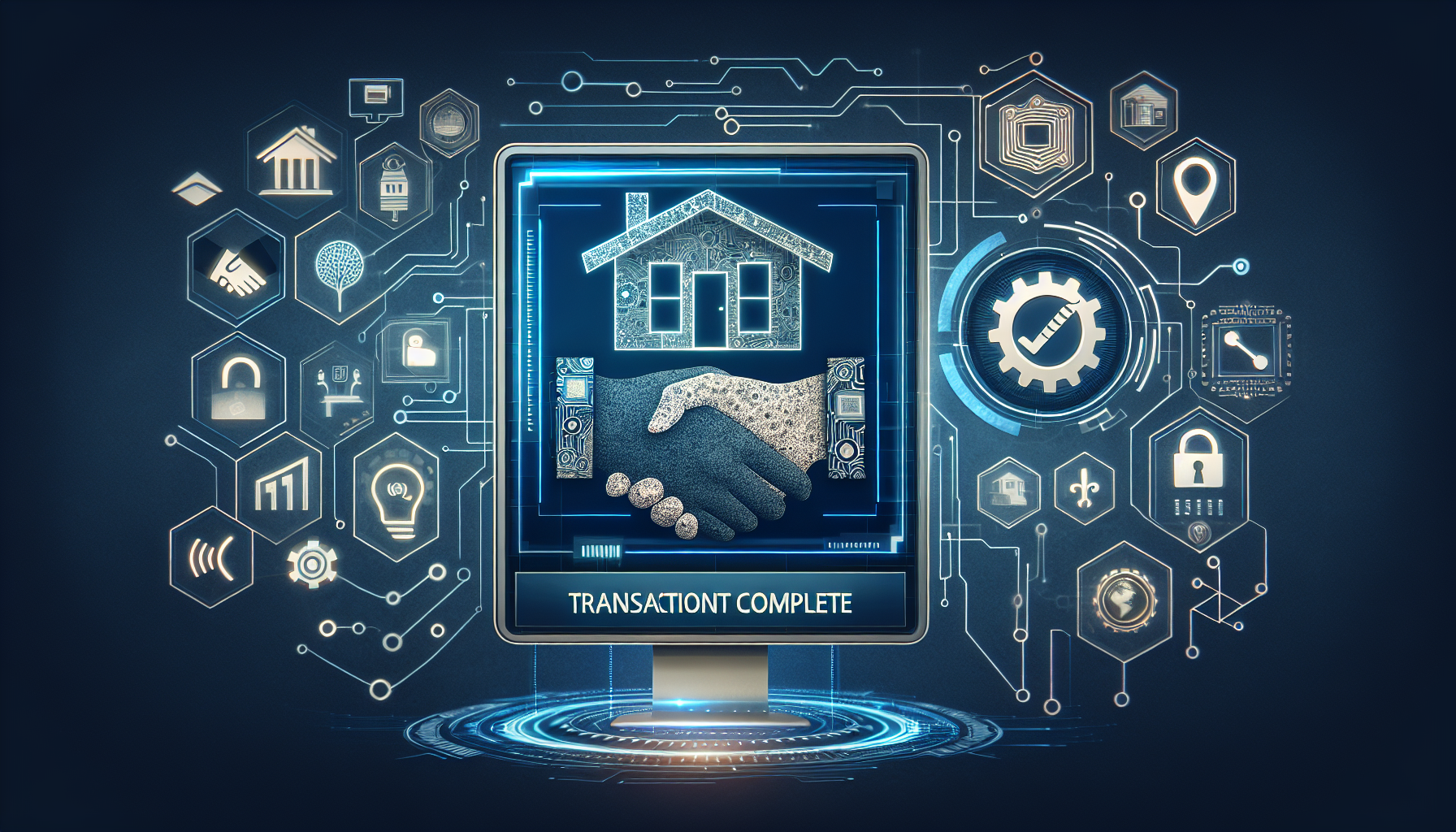Understanding Automation in Real Estate
Automation in real estate refers to the implementation of technology to streamline various processes involved in property transactions and management. This innovation has transformed the landscape of the industry, simplifying tasks, enhancing productivity, and reducing operational costs. The integration of technology allows real estate professionals to focus more on client interaction, strategic decision-making, and growth rather than mundane administrative tasks.
Benefits of Automation in Real Estate
-
Increased Efficiency
Automation significantly reduces the time spent on repetitive tasks. For instance, automated systems can handle tasks like scheduling showings, sending follow-up emails, and generating reports. This saves real estate agents hours each week that can be redirected towards building client relationships and closing deals. -
Improved Accuracy
Human error is an inevitable part of any job, especially in real estate transactions where details are critical. Automation decreases the probability of mistakes by ensuring that data entry and document processing are handled through reliable systems. This enhances overall accuracy in contracts, financial statements, and listings. -
Cost Reduction
By automating various processes, real estate businesses can significantly cut down on labor costs. Fewer administrative staff may be needed, and the time saved translates into cost savings as agents can manage larger workloads. Additionally, automation minimizes costs associated with errors and miscommunication.
Key Areas of Automation in Real Estate
-
Lead Generation and Management
Automated tools can streamline lead generation through digital marketing strategies. Real estate CRM systems can automatically gather data from various sources, analyse it, and identify potential buyers and sellers. Once leads are captured, automated follow-up emails and engagement reminders can ensure no opportunities are missed. -
Property Listings
Automation simplifies the listing process. Agent dashboards provide tools for creating listings quickly, complete with property images, descriptions, and pricing. Some platforms allow for automatic promotions to social media and listing integration across multiple real estate websites, increasing visibility. -
Transaction Management
Automated transaction management systems track all stages of a real estate transaction. They can send reminders for critical dates, manage documents, and facilitate e-signatures, which accelerates the closing process. Transactions become transparent to all parties, minimizing miscommunication. -
Communication
Communication automation tools ensure timely and consistent messaging. Automated chatbots can handle initial inquiries on real estate websites, answering questions about listings and scheduling showings. This 24/7 availability leads to higher client satisfaction, as potential buyers receive immediate responses. -
Document Management
The management of real estate documentation is another area benefiting from automation. Document automation software can generate standard contracts and forms, maintaining compliance with legal requirements. Additionally, centralised document storage allows for easier retrieval and sharing among stakeholders.
Technologies Driving Automation
-
Artificial Intelligence (AI)
AI is an essential component in the automation of real estate functions. Predictive analytics powered by AI can forecast market trends, helping agents make informed decisions. Additionally, AI-based chatbots can provide 24/7 customer service, addressing inquiries quickly and efficiently. -
Machine Learning
Machine learning algorithms can analyse large datasets to identify patterns in buyer behaviour and property investment trends. Real estate professionals can leverage these insights to tailor their strategies, ensuring they meet client needs effectively. -
Blockchain
Blockchain technology is poised to revolutionize real estate transactions. By providing a secure and transparent ledger for property transactions, blockchain reduces fraud risk and enhances trust. Smart contracts executed on the blockchain automate the execution of agreements, making transactions quicker and more efficient. -
Cloud Computing
Cloud-based platforms offer scalability and accessibility for real estate businesses. Agents can access property data, client information, and transaction documents from anywhere, promoting collaboration and flexibility in operations.
Challenges of Implementing Automation
-
Upfront Costs
The initial investment in automation technology can be substantial. Real estate businesses need to evaluate the return on investment and ensure that the long-term savings justify the upfront expenses. -
Adoption Resistance
Employees may resist changes associated with automation, fearing job losses or difficulties adapting to new technology. Comprehensive training programs and clear communication about the benefits of automation can help alleviate these concerns. -
Data Security Concerns
As automation relies on collecting and processing sensitive customer data, real estate firms must prioritize cybersecurity. Implementing robust protocols to protect client information and comply with regulations is crucial for maintaining trust.
Future Trends in Real Estate Automation
-
Increased Use of Virtual Tours and Reality
Virtual tours and augmented reality (AR) tools are becoming more prevalent in the real estate sector, allowing prospective buyers to visualize properties without needing to be physically present. This technology streamlines the appointment process and enhances the client experience. -
Integration of IoT in Smart Homes
The Internet of Things (IoT) is increasingly being leveraged in smart home technologies, providing automation features that appeal to buyers. Smart home devices can enhance property value and appeal, creating new selling points for agents. -
Predictive Analytics for Consumer Behaviour
As data collection improves, predictive analytics will enable real estate agents to understand market demands better and effectively target potential clients. This advancement will lead to more customized marketing strategies and improved client retention. -
Enhanced Collaboration Tools
As remote work becomes more common, collaboration tools that integrate with real estate CRM systems will facilitate communication among team members, allowing for seamless sharing of information and coordinated efforts in managing client relationships.
Concluding Thoughts
The integration of automation technology in real estate is not just a trend but an essential evolution of the industry. The ability to increase efficiency, improve accuracy, and reduce costs makes automation tools indispensable for modern real estate firms. As technology continues to advance, organizations that embrace these changes will likely lead the way into a more efficient and effective future.


